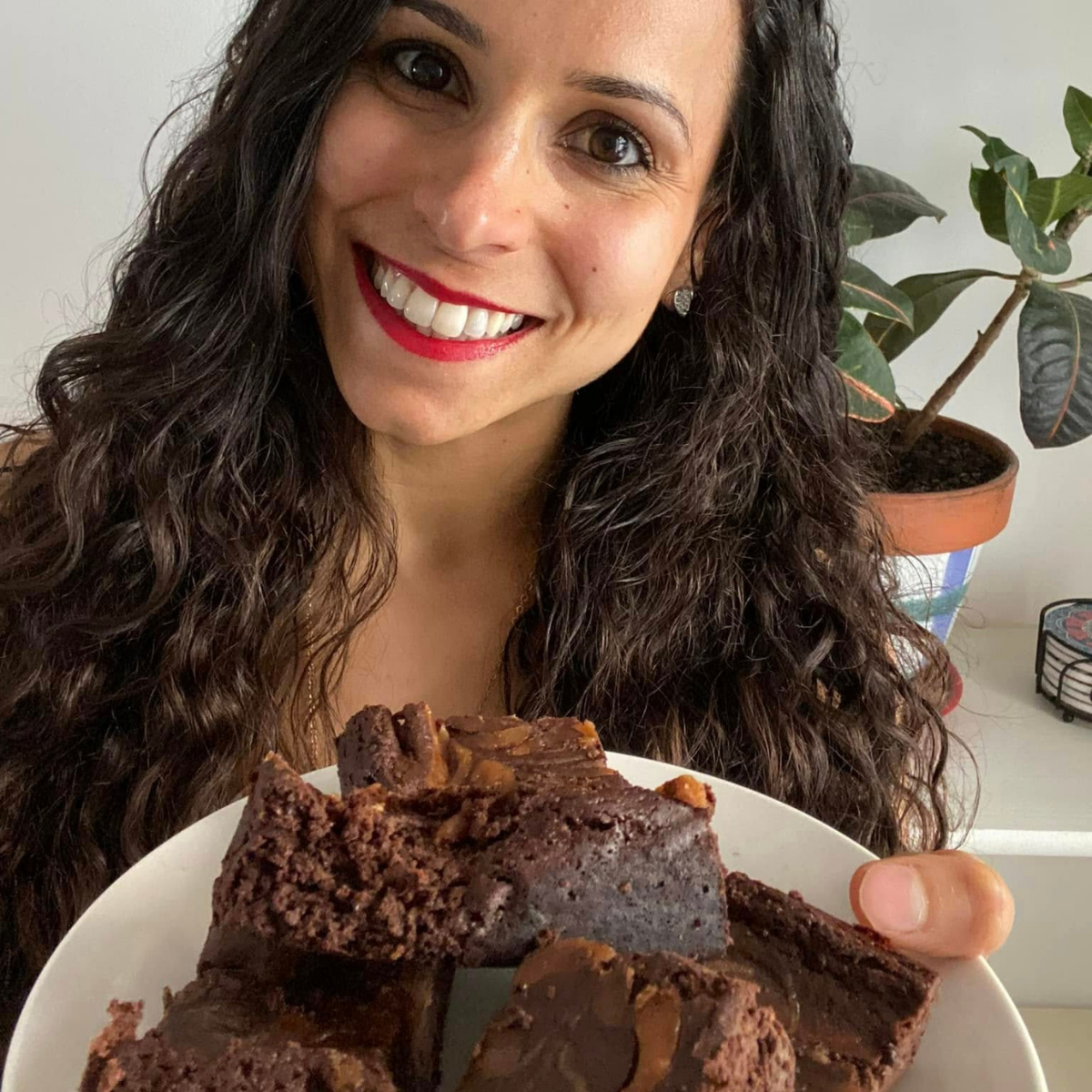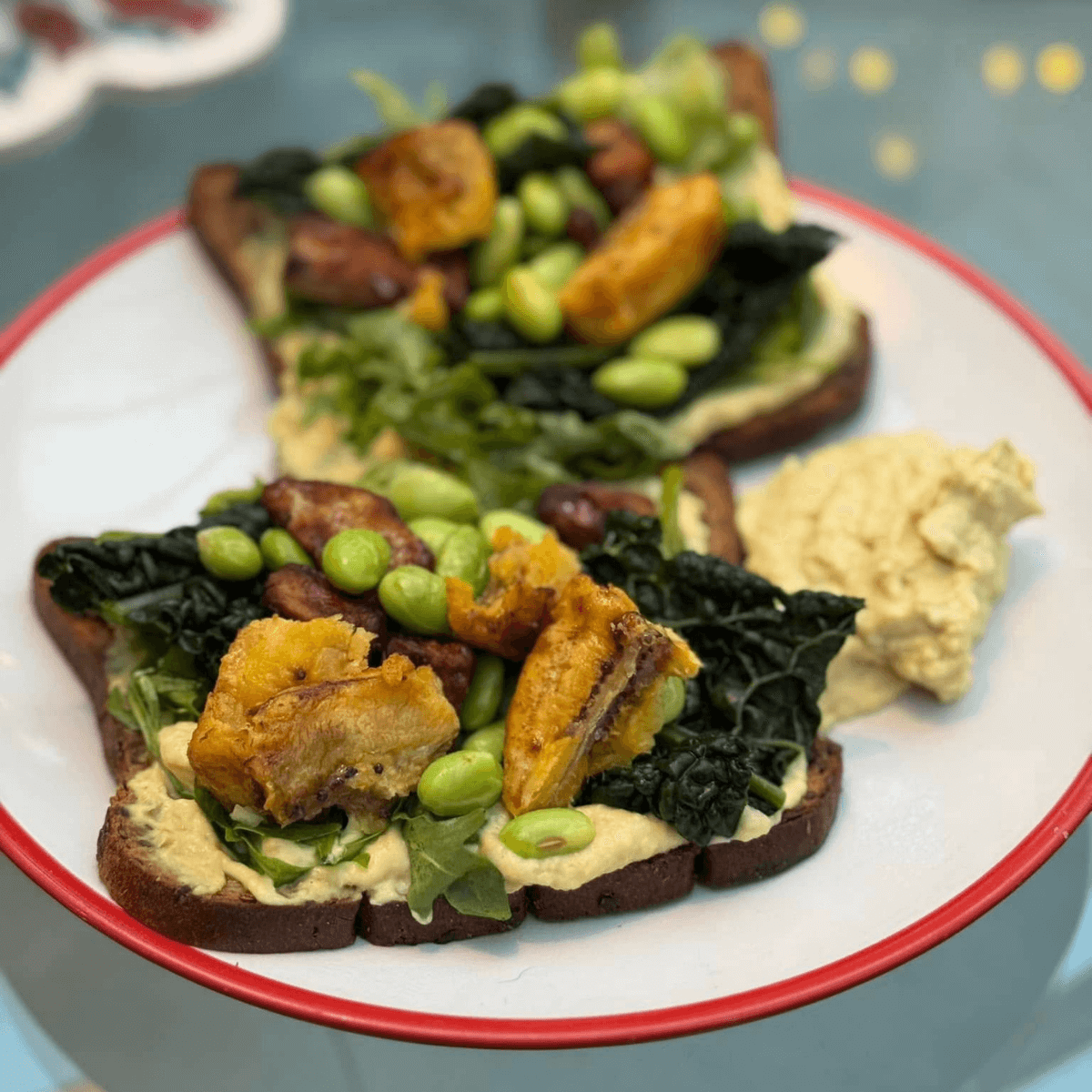Transform Your Workday: 5 Nutrition Shifts for Clearer Thinking and Improved Energy
This is one of the most common problems I see: how can I have more energy, less brain fog, and perform better? It’s also what workplaces want to know. How do we make sure people aren’t running on empty, losing time to sickness, and can make clear, confident decisions?
Productivity losses related to absenteeism cost US employers around $225.8 billion every year, and in the UK, poor staff health and lost productivity cost businesses over £100 billion annually. When staff are well-nourished and energised, performance, creativity, and focus rise too.
Now, I can’t solve everything with nutrition. Life is busy, personal commitments are real, and we don’t always learn how to build sustainable habits. That’s why I do what I do. I’m all about small, realistic habits that fit into a demanding lifestyle without perfection.
“Small, daily, compounding habits always win over restrictive diets that drain your time, health, and happiness.”
So here are five nutrition shifts that can improve energy levels and help you think more clearly through your workday.
Remember, this isn't medical advice. If you have concerns about your diet or energy levels, it is always best to chat with your doctor. Please also consult your doctor before making significant changes to your diet and lifestyle.
Shift 1: Be Mindful About Breakfast (Even If It’s Later in the Morning)
I often hear “I don’t have time for breakfast” or “I’m just not a breakfast person”. I am not here to tell you that you have to eat breakfast or that it has to be at a certain time. It has to work for you.
However, we do know that having something in the morning, especially with a good source of protein, can support energy levels and concentration. Eating properly during the day also helps prevent late-night binges, which can affect sleep and recovery.
“Breakfast does not need to be fancy or take a lot of time.”
The key is having something quick, doable and possibly portable for busy mornings. Here is one example I often share with my clients because it is flexible and realistic:
Add oats, soy milk and a couple of tablespoons of chia seeds to a bowl. Top with frozen berries and microwave until the oats swell up. Finish with a handful of nuts or seeds.
This mix of protein, fibre, healthy fats and antioxidants helps with steady energy, better focus and supports long-term health. You can also make it in a container and take it to work.
Breakfast bowl with lots of oats, chia seeds and some protein powder under all that fruit, and my homemade healthy chocolate granola to top it.
Shift 2: Keep It Simple – Make Your Sandwiches Work for You
There is so much confusion around carbs and bread that people often assume sandwiches are automatically unhealthy. The reality is that sandwiches can be quick, practical, and health-promoting if you make a few small shifts.
The key is what you put inside and what you have alongside it. A well-balanced sandwich can help you feel full, feed your good gut bacteria, and give your brain the nutrients it needs to focus.
Here are some easy changes you can try:
Swap spreads: Replace butter with avocado, hummus, or a drizzle of olive oil. These provide healthy fats that support heart and brain health.
Add vegetables: Include salad leaves, roasted vegetables, or raw crunchy veg to increase fibre and micronutrients.
Switch up your protein: If you're usually having bacon or beef, switch to a heart-healthy plant protein sometimes such as falafel, pre-marinated tofu, or even plant-based bacon. We know the latter is a heart-healthy switch from bacon and is not classified as a type 1 carcinogen.
Smart choices on the go: If you are grabbing a sandwich outside, look for options with falafel and hummus, or pick up a small side of cherry tomatoes to add fibre and vitamins.
With these small, achievable adjustments, sandwiches can be part of a balanced day and help you feel full, focused, and energised without feeling like a compromise.
An open sandwich or using toast is a great way of adding foods that are great for your gut, overall health and to keep you satiated.
Shift 3: Stay Hydrated – It’s Not Just About Drinking Water
Sometimes the simplest habits have the biggest impact. Even mild dehydration can creep up without you noticing, and it affects your energy and concentration more than you might think. Your brain is mostly water, so not having enough can lead to headaches, trouble focusing, and mental fatigue.
“Even mild dehydration can affect focus and mental energy.”
Keep a refillable bottle at your desk or in your bag as a reminder to drink throughout the day. But hydration isn’t only about water. Many fruits and vegetables have a high water content, and including them in meals and snacks can help you stay hydrated while also contributing fibre, vitamins, and minerals that support energy and focus.
Try adding extra fruit or vegetables to your lunch or your morning oats, and grab a banana or other water-rich snack in the afternoon. Small shifts like this can help curb cravings, keep you feeling satisfied, and maintain sharper thinking throughout the day.
Shift 4: Balance Your Plate to Support Focus and Energy
Eating a wide variety of foods helps make sure you’re getting the vitamins and minerals your brain needs to function at its best. Including plenty of fruits, vegetables, wholegrains, beans, lentils, nuts, and seeds supports concentration, steadier energy, and prevents distractions from hunger or cravings.
Most people don’t get enough fibre—only around 1 in 10 meet the recommended daily amount—but adding more is simpler than it seems. Try tossing beans onto avocado toast, roasting a tray of vegetables to mix into meals, or swapping butter on toast for nut butter topped with fruit.
For convenient snacks, keep pre-roasted chickpeas or edamame beans on hand. They provide fibre and protein, helping you stay full, focused, and energised throughout your day.
A plate of leftover Panang curry with beans and vegetables served over brown rice, alongside fresh lettuce leaves, air-fried gyoza, extra tofu cubes, and a small spoonful of dark sauce.
Shift 5: Make Nuts and Seeds a Daily Habit
A clear yes here—adding a handful of nuts and seeds each day is one of the simplest ways to support focus and long-term health. Small, doable changes like this often have more impact than big overhauls, and they’re easy to fit into your routine.
Any nuts or seeds will do, or even nut butter, just aim for unsalted and unsweetened options where possible. Sprinkle them on your breakfast oats, add them to avocado on toast, or keep a pot at your desk for a quick snack.
I was even on a panel for Whitworths discussing the power of nuts and seeds, alongside Henry Dimbleby, Elaine Hindal (British Nutrition Foundation), Adam Leyland (The Grocer), and Dr Max Gowland (scientist). They asked me to focus on practical nutrition tips for everyday life—these little “powerhouse” ingredients are exactly that.
Honoured to join this insightful panel sharing ideas on health and wellness.
Putting It Into Practice
If you’d like to explore how I can help you or your teams sustain energy, resilience, and performance (whether through coaching or speaking engagements), book a discovery call.
If you want stay in touch with nutrition tips and exclusive news, subscribe to my newsletter.
If you need practical help on how to progress with sustainable weight loss, with no dieting, then download my free mini training below.
Remember, this isn’t medical advice. If you have concerns about your diet or energy levels, it’s always best to chat with your doctor.




